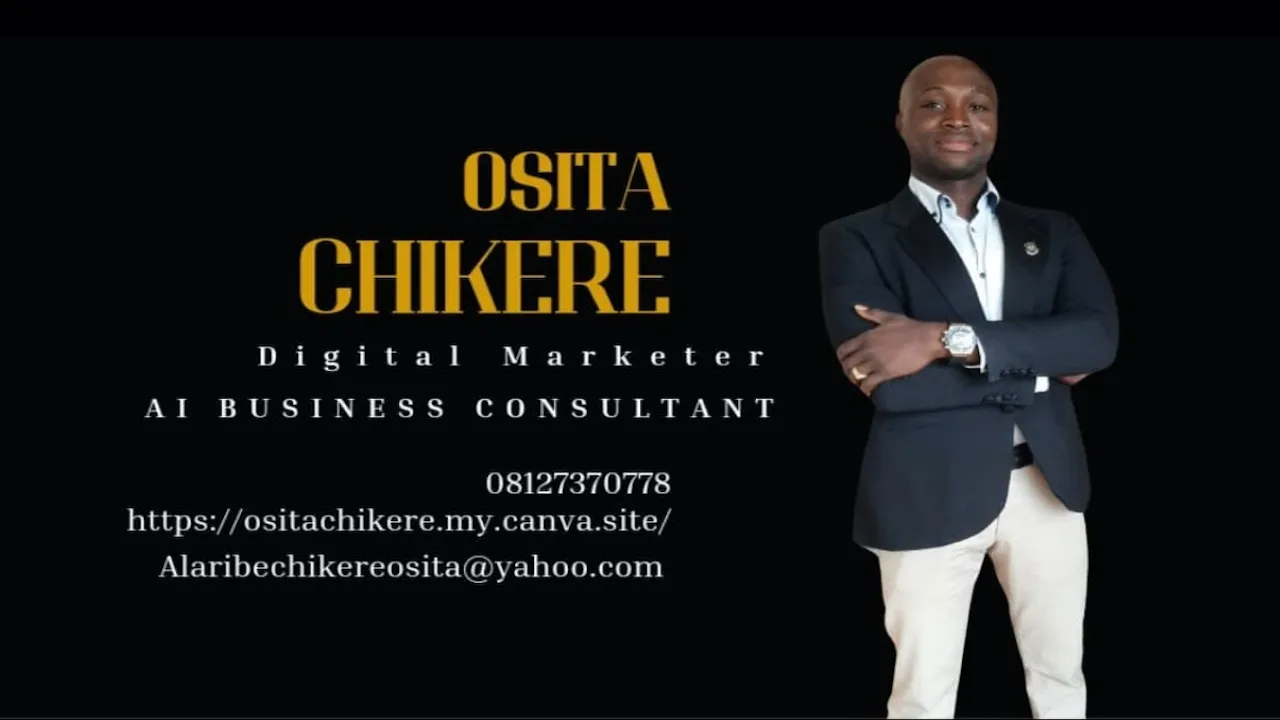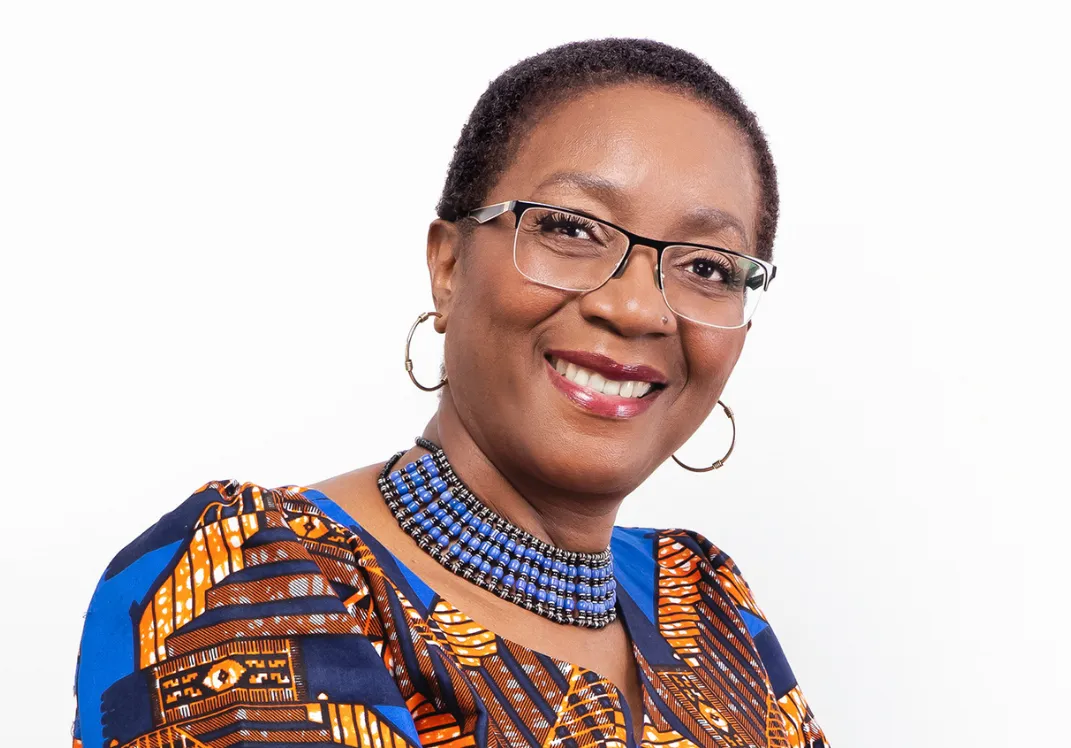The Digital Revolution in Beauty Entrepreneurship
The beauty industry is no longer just about great formulations, it’s about visibility, connection, and innovation. In today’s highly digital world, building a beauty brand goes beyond having an excellent product. Your success depends on how well you leverage digital marketing, AI, and community engagement.
For beauty founders, skincare formulators, and entrepreneurs, the path to success is no longer controlled by big retail stores. Instead, those who master online growth strategies can build a thriving brand from anywhere in the world.
This article explores cutting-edge digital marketing and AI strategies to help you:
i. Stand out in the crowded beauty space
ii. Attract high-value customers
iii. Leverage AI for smart marketing & automation
iv. Build a brand that generates consistent revenue online
1. Define Your Unique Brand Identity
(i) Find Your Niche & Target Audience
The biggest mistake beauty entrepreneurs make is trying to appeal to everyone. Successful brands focus on one clear problem or target market.
Ask yourself:
What specific problem does my brand solve? (e.g., hormonal acne, hyperpigmentation, sensitive skin)
Who is my ideal customer? (e.g., busy professionals, Gen Z beauty lovers, luxury skincare enthusiasts)
How does my brand stand out? (e.g., eco-friendly ingredients, AI-powered skincare, personalized beauty)
Example: If you are a skincare formulator, specializing in plant-based acne solutions will make your brand more memorable than just selling general skincare products.
(ii) Craft a Compelling Brand Story
Beauty consumers don’t just buy products—they buy into stories, values, and transformations.
Your brand story should include
a. The inspiration behind your brand
b. The science or uniqueness of your formulations
c. The transformation your products offer customers
Example: A natural haircare brand might tell the story of how the founder struggled with hair loss and formulated a solution that worked when nothing else did.
2. AI-Powered Digital Marketing for Beauty Brands
(i) Use AI for Market Research & Consumer Trends
AI helps beauty entrepreneurs analyze real-time market data to create products and campaigns that resonate.
Key AI tools:
• Google Trends – Discover which skincare or beauty trends are rising.
• ChatGPT & Consumer Insight Platforms – Analyze beauty market gaps and find customer pain points.
• AI-Powered Analytics (e.g., Brandwatch, Sprout Social) – Monitor brand sentiment and consumer preferences.
• Pro Tip: If AI data shows a growing demand for fragrance-free moisturizers for sensitive skin, that could be your next best-selling product.
(ii) AI for Personalization & Customer Experience
Modern beauty brands thrive on personalized shopping experiences. AI makes it easier to offer:
a. Virtual skin assessments to recommend the best products
b. AI-powered chatbots for instant customer support
c. Customized product recommendations based on purchase history
Example: Major brands like Sephora use AI-driven quizzes to recommend products based on skin type, increasing sales and customer satisfaction.
(iii) AI-Optimized Content Marketing for Visibility
To stand out online, your brand must be easily searchable and visible on Google, YouTube, and social media.
How to rank higher with AI-powered SEO:
Use AI tools like SurferSEO to find trending beauty keywords.
Write long-form educational content (e.g., “The Ultimate Guide to Retinol Skincare”).
Optimize YouTube and TikTok scripts with AI-generated video outlines.
3. Social Media Growth Strategies for Beauty Brands
(i) Master Short-Form Video Content
Beauty consumers trust video content more than static images. That’s why TikTok, Instagram Reels, and YouTube Shorts are crucial.
Content Ideas:
a. Before-and-after skincare transformations
b. How-to tutorials (e.g., “How to Layer Skincare Like a Pro”)
c. Behind-the-scenes product formulation videos
d. Customer testimonials & real-life product results
AI Hack: Use AI-powered video editing tools like CapCut & InShot to create professional-looking content quickly.
(ii) Influencer & User-Generated Content (UGC) Strategy
Influencer marketing is no longer about celebrities—micro-influencers (5K–100K followers) drive the highest engagement for beauty brands.
Partner with niche influencers in skincare, haircare, or clean beauty.
Encourage customers to create product videos in exchange for discounts.
Leverage AI tools like Upfluence to find the best influencers for your brand.
(iii) Paid Ads & Retargeting for Beauty Brands
If you want to scale fast, paid advertising on Meta (Facebook/Instagram) and TikTok is key.
a. AI-based audience targeting ensures ads reach the right beauty consumers.
b. Dynamic product ads (DPA) show personalized recommendations.
c. Retargeting ads remind website visitors to complete their purchases.
Pro Tip: AI-powered ad platforms analyze what works best and automatically adjust budgets to maximize ad performance.
4. E-Commerce & Conversion Optimization
(i) Create a High-Converting Online Store
Your beauty website should be:
a. Fast-loading (under 3 seconds)
b. Mobile-optimized (70% of beauty sales happen via mobile)
c. Integrated with AI-driven product recommendations
Best Platforms: Shopify, WooCommerce, or BigCommerce.
(ii) AI-Driven Email & SMS Marketing
Email remains one of the highest-converting channels for beauty brands.
AI-driven email tools like Klaviyo & Omnisend offer:
a. Automated welcome sequences & cart recovery emails
b. Personalized product recommendations
c. AI-powered SMS campaigns for flash sales & exclusive offers
Example: A skincare brand can send an AI-generated email reminding customers to reorder their favorite serum before it runs out.
5. The Future: AI & Tech-Driven Beauty Innovations
The next wave of beauty entrepreneurship will be driven by:
a. AI-powered skin scanning apps for customized beauty routines.
b. Virtual beauty experiences in the Metaverse.
c. Blockchain-backed ingredient transparency to build consumer trust.
Tech-driven beauty brands will dominate the next decade. Entrepreneurs who adopt AI early will lead the industry.
Conclusion: The Blueprint for Beauty Brand Success
For beauty founders, skincare formulators, and entrepreneurs, mastering digital marketing & AI is the key to scaling.
To build a thriving online beauty brand:
a. Define a strong brand identity & niche.
b. Use AI for market research & personalization.
c. Dominate social media with short-form videos & influencer partnerships.
d. Leverage AI-powered e-commerce & email marketing for sales growth.
The future of beauty is digital—embrace it, innovate, and build a brand that lasts.
Final Note
This article is your roadmap to beauty business success. Implement these strategies and position your brand as a market leader in the beauty space.
Osita Chikere is a; Social Media Marketing Specialist · Digital Marketing Manager · Content Creator · Social Media Manager











